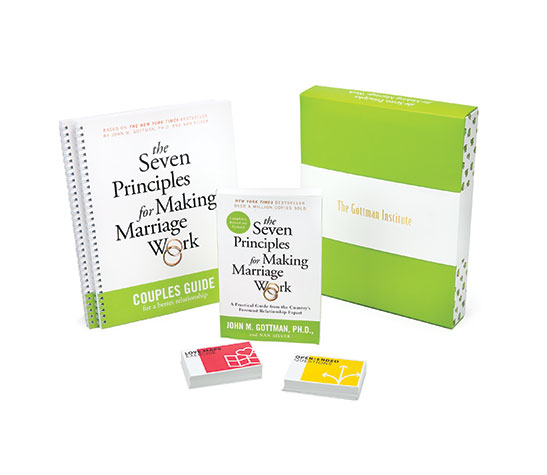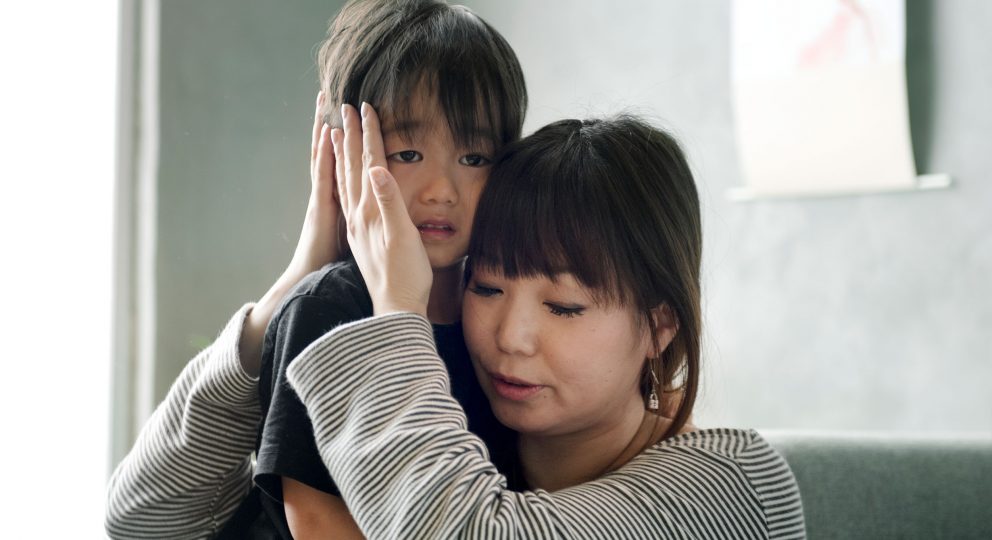In “Relationship Cure,” Dr. John Gottman offers readers ways to increase understanding and trust in your relationships, ending a section of his chapter on “Six Bid Busters and How to Avoid Them” with the exercise shared below. Don’t be fooled by its simplicity. Its impact on your relationships may catch you off-guard!
If you practice thinking about your daily interactions, you will find yourself not only becoming more mindful of the connections that mean most to you, but also better equipped to process emotional moments as they come and go. Remember that an increase in mindfulness allows you the priceless opportunity of strengthening the most cherished friendships and relationships in your life. Try it when you have a moment to yourself, when you can relax, and if you feel the urge, grab a pen and paper.
Exercise: Mindfulness in Emotional Moments
- Was there a bid for an emotional connection? What need was being expressed behind the bid?
- How did you read between the lines in answering the previous question? How did you first notice the emotion the person was feeling – was it in their words? Facial expressions? Gestures?
- What emotion did you perceive in the other person? Happiness? Sadness? Anger? Fear? Contempt? Something else?
- What did this person need from you? (Examples: To just be there with them, to listen, emotional support, understanding humor, a bit of fun, conversation, etc.)
- How did you communicate to this person that you understood what they felt or needed in the moment? If you used words, what did you say?
- Did this person react to your acknowledgment of his or her feelings? Do you feel like this interaction had an effect on this person or on your relationship?
- Did this interaction have any effect on you or your feelings and cognitions about yourself? Did it bring you any other insights?
You may find yourself immediately thinking of certain moments to examine, like exchanges you recently had with others which provoked an intense emotional reaction or were particularly confusing to you. Whether specific moments come to mind, don’t feel pressured to search feverishly for “good subject matter” to work with. Anything that you can think of is fair game. Try this exercise, but don’t stop there. You can practice asking these kinds of questions at any time. The more frequently you do this, the more naturally they will come to you, until the skills that they teach you become a natural part of your thought process. Watch how mindfulness allows you to increase your attention to mechanisms underlying the formation of stable, satisfying relationships.










